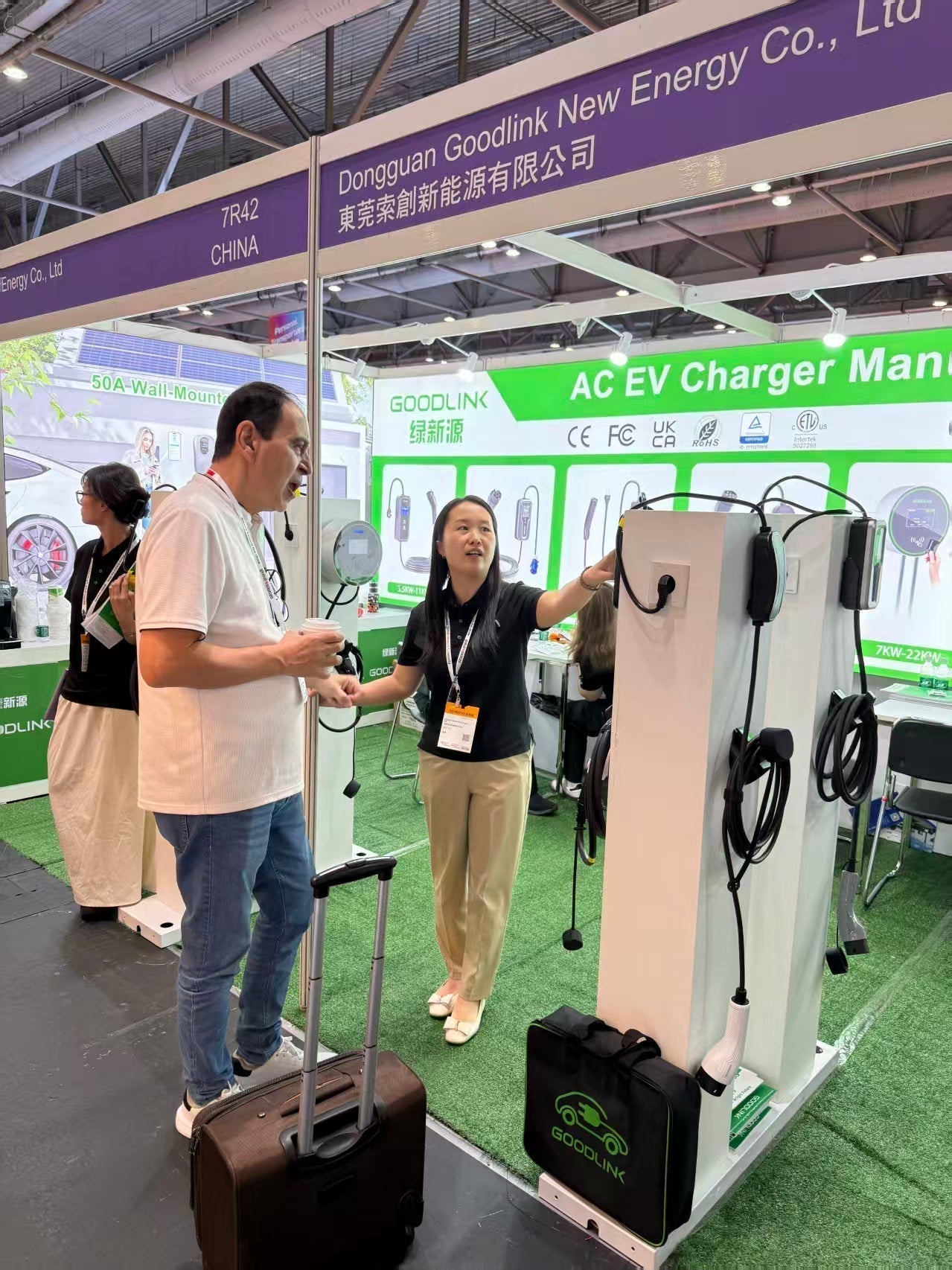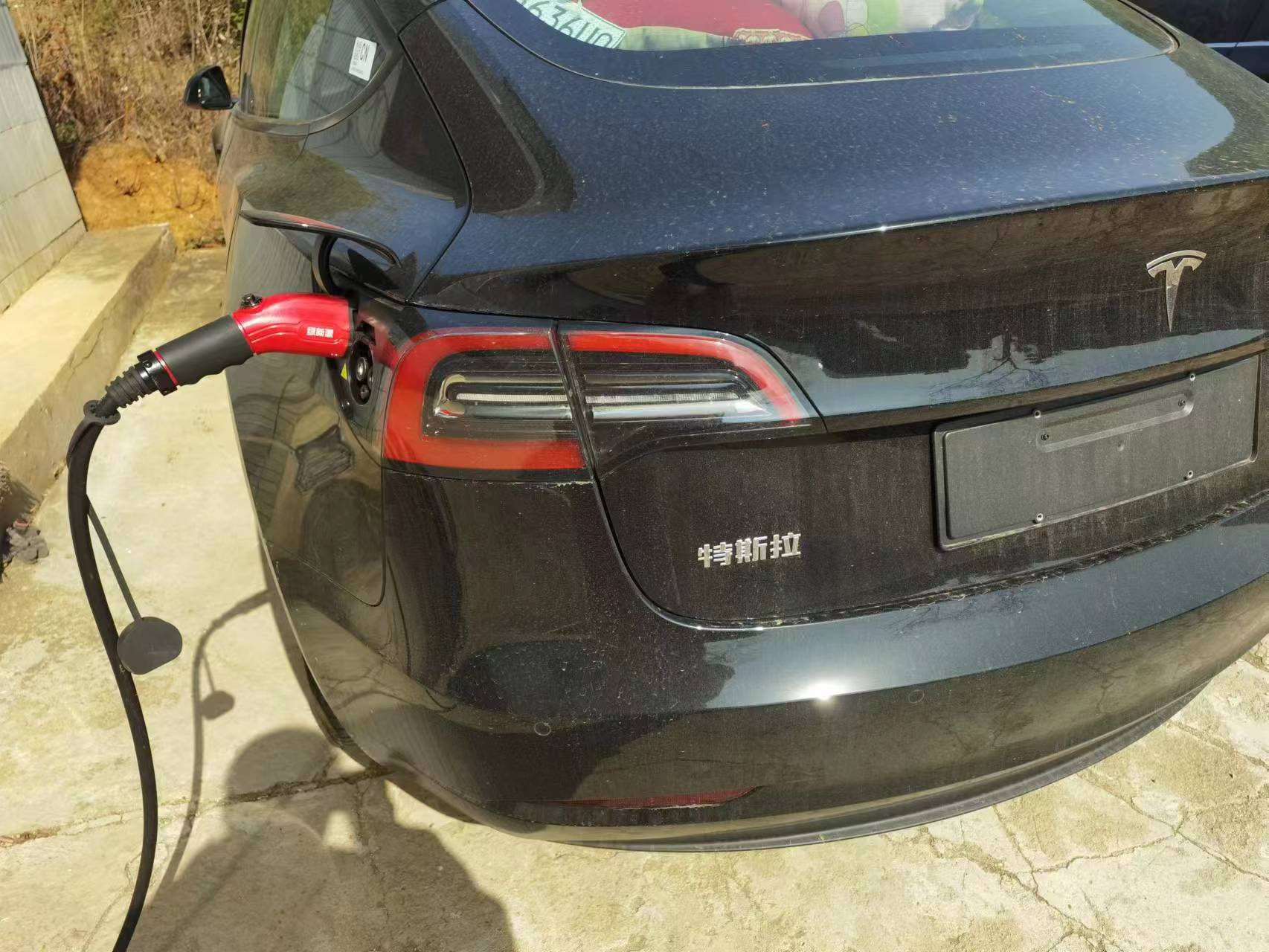Electric Vehicle Charging Connector Landscape
Current Standardization Status
Electric vehicle charging connectors have achieved regional standardization across:
- North America
- Japan
- European Union
- China
DC Fast Charging Connector Characteristics
North American Standard (CCS Type 1)
- Operates on 480V main power supply
- Combines J1772 connector with additional high-speed charging pins
- Separate inlets for AC Level 1 and Level 2 charging
- Requires larger charging port area
Tesla's Unique Approach
- Proprietary connector supporting all voltage levels
- Single connector for Level 1, Level 2, and DC fast charging
- Supercharger stations exclusively for Tesla vehicles
- Strict certification procedures
Emerging Charging Technologies
Opportunity Charging
Key Characteristics
- Short-duration charging (3-6 minutes)
- Primarily for buses and distribution trucks
- Pantograph charging system features:
- Voltage range: 150V to 850V
- Maximum power output: 600kW
- Supports various vehicle sizes
Advantages
- Enables smaller, more affordable battery packs
- Reduces battery discharge depth
- Supports extended battery life
Advanced Charging Technologies
Wireless Opportunity Charging
- Built-in parking lot or underground chargers
- Currently focused on operational vehicles
- Potential future expansion to consumer vehicles
High-Power Charging Developments
- Emerging MW-level high-voltage charging technologies
- Connectors designed for heavy vehicles (Type 8 trucks and buses)
Technological Limitations and Future Prospects
Current Constraints
- Limited power delivery capabilities
- Diverse regional standards
- Varying connector designs
Potential Technological Advancements
- Higher input voltage levels
- More universal connector standards
- Improved charging speed and efficiency
- Enhanced battery management technologies
Impact on Electric Vehicle Infrastructure
Evolution of Charging Technologies
- Increased charging speed
- Reduced charging times
- More flexible charging options
- Improved battery lifecycle management
Market Implications
- Standardization driving technological innovation
- Reduced infrastructure complexity
- Enhanced user experience
- Potential for cross-platform compatibility
Conclusion
The electric vehicle charging connector landscape is rapidly evolving, with ongoing efforts to standardize technologies, improve charging efficiency, and develop more versatile charging solutions. As technologies like opportunity charging and wireless charging mature, the electric vehicle ecosystem is poised for significant transformation.





Share: